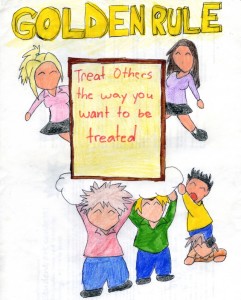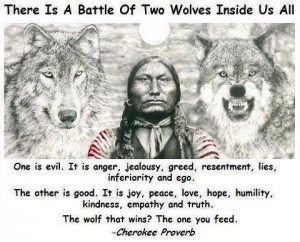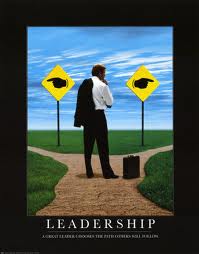 A colleague told me the other day that research is now showing that productivity in the workplace has been slowly declining since 2007 – the year the smart phone hit the market. Coincidence? I think not.
A colleague told me the other day that research is now showing that productivity in the workplace has been slowly declining since 2007 – the year the smart phone hit the market. Coincidence? I think not.
Multitasking
Added to this, recent research by Glenn Wilson, former visiting Professor of Psychology at Gresham College, London shows that an email sitting unread in your inbox can reduce your effective IQ by 10 points. I can confirm the validity of this research: I was doing my Lumosity brain training (lumosity.com) one morning recently when I heard a text arrive on my mobile. Although I resisted reading the content of the text I peeped at who’d sent it, then proceeded to get my worst Lumosity score for some time.
Wilson:
When people think they’re multitasking, they’re actually just switching from one task to another very rapidly. And every time they do, there’s a cognitive cost in doing so.
In fact Wilson showed that the cognitive losses from multitasking are even greater than the cognitive losses from pot smoking. However the good news is that there are now meditation apps that will help improve our state of mindfulness if we’re prepared to commit to investing just a few minutes every day to sit and be.
I’m wondering whether you’ve managed to read this blog without checking any of your other screens?























